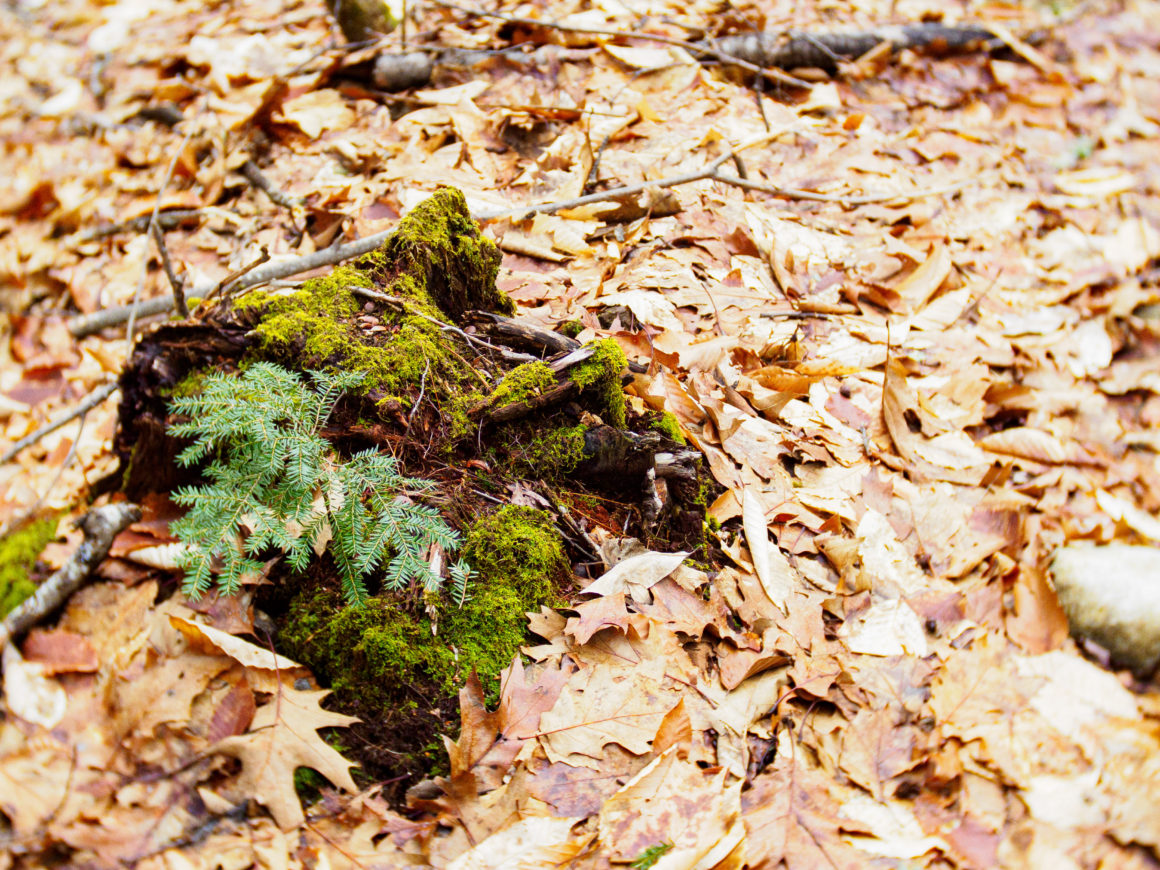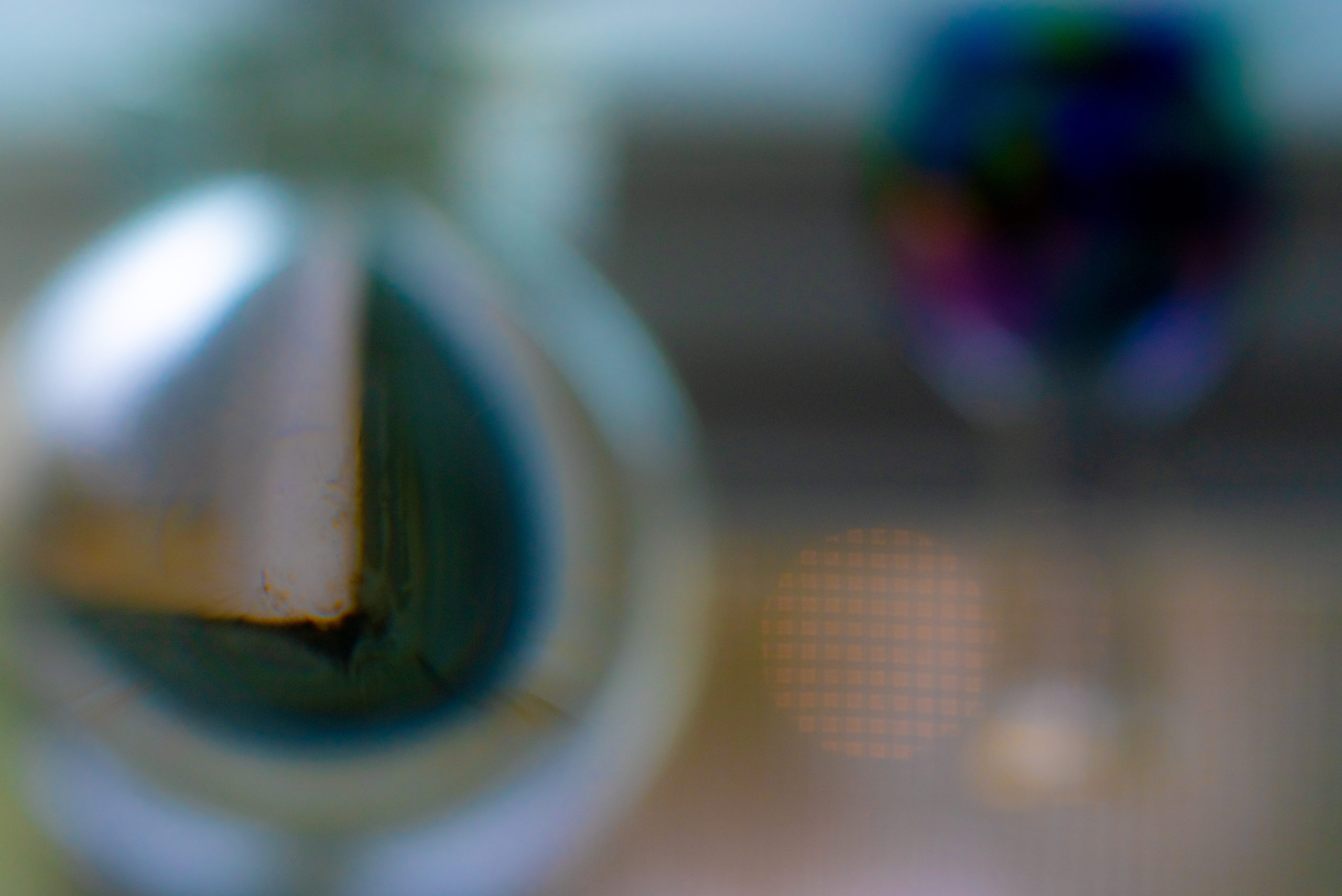
We Are Not Crazy
Our disconnection from nature and our disavowal of interior depth—of soul—from animals, plants, and landscapes occurs all the time in all of us. But there is more depth than we have come to believe, than we have been taught. Connection with the interior world of nature has been a part of our species’ experience for millennia. Contact with it still occurs when we least expect it: in the glance in a loved one’s eyes, the shadowed green in an old-growth forest, the primal power in the majestic walk of a bear. Or, unexpectedly, in dreams of our grandparents or our daily interactions with plants. Since the words to describe this kind of depth are atrophied or no longer present in our language, the experience, when it does extrude itself, is often difficult for people to deal with. —Stephen Harrod Buhner, The Lost Language of Plants
As I picked up The Lost Language of Plants, I noted, for the first time, the subtitle: “The Ecological Importance of Plant Medicines to Life on Earth, ” and I thought to myself, If I go all in and start sharing from this book on my blog, certain people will think I really am crazy. Then I started reading (re-reading, actually), and I was back to the story of the author’s workshop (with only three attendees, instead of the predicted 25) in New York City. Stephen Harrod Buhner was already a bit shaken by the emptiness of the building when he found the classroom, with only one person in it. He tried to send her home with the promise of getting her money back, but she convinced him to stay and teach her a little. After 15 minutes, two more women showed up, and they wouldn’t let Buhner send them home empty headed, either. So he asked each of them to introduce themselves and answer the question, “Why are you here?”
The first woman, originally from Jamaica, opens up and says that she hadn’t wanted to live, but she kept dreaming of her grandmother who told her, “Chile! You got to get your fingers in the de dirt.” After saving the fee to plant in a community garden, she gets her fingers in the dirt and says, “I know who I am again.” She doesn’t quite know what to make of all this and ends her story with, “An’ I come today ’cause I tink mebbe I’m crazy.”
The second woman told the “class” that she had visited a naturopathic college and during the school tour, she and the guide and 10–15 other prospective students stopped in a hallway near the room in which plants used for herbal medicines were growing. “And I could hear each one of the plants crying out to me, talking as clearly as I am talking now. And there were hundreds of them.” She explained that she was hoping something in Buhner’s talk would help her understand what had happened. “I have been thinking, you know, that maybe I’m crazy.”
The third woman explained that “her man” had recently left her and “I haven’t known where to go with my life now he’s gone.” She likes plants and has many growing in her apartment. One, with large leaves, grows up the wall and across the ceiling, and the leaf at the very end points in one direction when she leaves for work in the morning, in the dark, and it points in the opposite direction when she comes homes from work in the evening, in the dark. She says, “I kept thinking about it and wondering, and then one day I realized that the plant was trying to tell me what direction to take my life. You know, nothing like this has ever happened to me before. And I came today because I thought that maybe I was crazy.”
These women are not crazy, and neither am I.




